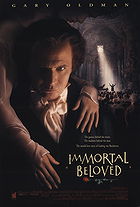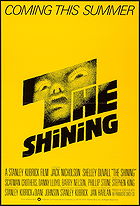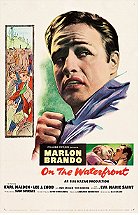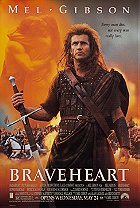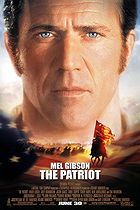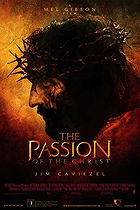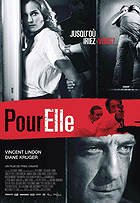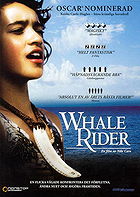Posted : 15 years, 8 months ago on 25 October 2009 06:21
(A review of
''My name is Paikea Apirana, and I come from a long line of chiefs.''
A contemporary story of love, rejection and triumph as a young Maori girl fights to fulfill a destiny her grandfather refuses to recognize.
Keisha Castle-Hughes: Paikea
Whale Rider receives its namesake from the legend, a legend involving the Maori people coming to New Zealand as a result of their patriarch riding there many generations ago, from
Hawaiki upon the back of a whale.
Niki Caro writes and directs an adaptation concerning a deeply engrossing book.
The book
"The Whale Rider" is given
life; The writing by Witi Ihimaera is brought to the big screen with emotion and power.

After many studies of language, farming, artifacts and sailing techniques, experts seem to agree that 'Hawaiki' is in fact the Huahine Island in French Polynesia, the Society Islands, northwest of Tahiti and perhaps 3000 miles northeast of New Zealand. It has been fairly firmly established that all of the Polynesian peoples originated from Eastern Asians who developed skills to build and correctly navigate large ocean-going douple-hulled canoes, which could transport not only people but also livestock including dogs, pigs, and chickens plus seeds and plants.
Today it is believed that the Maori in New Zealand and the natives Hawaiians originated from the same Polynesian people.
This background is necessary to fully appreciate the movie,
Whale Rider while ultimately a simple story of family pride and honour.
Tradition has it that the first-born son of the chief will be groomed to become the next chief.
Although Koro's son is not interested, instead wants to go to Europe and pursue his passion for art. His wife gives birth to twins, a boy and a girl, but the mother and son die at childbirth, leaving only the daughter, Paikea or Pai for short. But tradition does not allow a girl to become chief.
Whale Rider requires alot of thought and detail to capture your heart. The sheer beauty of the film conveyed not just through the breathtaking scenery including vast landscapes, tantalizing oceans stretching out into the horizon or underwater shades of blue and green, but one of family, of people and of love, tradition and a bond that remains unbreakable.
This makes
Whale Rider beautiful not just to look at but on a whole new level that transcends anything we see.
Be it Koro, perfectly played by Rawiri Paratene, whom stubbornly sticks to tradition and rests all his hopes on a boy to carry on his tribes legacy. Not realizing that what he has is already before him, regardless of gender and a breaking from tradition.
Cliff Curtis as Porourangi also is breaking from his traditional roots as mentioned previously. His acting and bond with Paikea wonderfully shown in a scene with them in the night where they talk about Koro not wanting them and this for me really moved me and made me begin to cry. End of the day acceptance is important, and not being wanted is the most painful thing imaginable. We all want to be loved and to be appreciated and valued and
Whale Rider does a perfect job of capturing this as best it can, effortlessly.
Keisha Castle-Hughes as Paikea really ends up being the star of the show, showing pure talent and believability. Just watching her in the play, reciting a memorized verse for Koro tears rolling down her cheeks, shows how immersed she is in the role of Paikea. In my mind she
IS Paikea and thats how far the believability for me goes, and thats all the way.
Also I'd like to mention Vicky Haughton as Nanny Flowers who was totally lovely in her role as a loving yet firm woman who shows her love for her family, for Paikei and for Koro.
Whale Rider cleverly plays on your emotions until the very end, and so immersed, that I totally felt as if I was part of this world, part of their life. When a film like
Rider achieves this successful capturing of your soul and captivates you so intensively you are left breathless.
I just know that Maori people and customs, these warriors of old, these legendary men and women, are fascinating. Rooted in creativity, spirituality and respectful hunters, fighters and a ritualistic,magical nurturers, thus I know I am totally and completely in awe and fascinated by these ancient ones.
Whale Rider's story of Paikea Apirana, is like the Ocean. Infinite and forever connected, each time you immerse yourself into it, you always see the beauty.
Like rain drops that fall down from the sky, every single tear from the heavens above, of Paikei riding her people's symbolic Whale. That is how I feel about
Whale Rider, truly beautiful, like a vision of heaven itself.
 Login
Login
 Home
Home 24 Lists
24 Lists 448 Reviews
448 Reviews Collections
Collections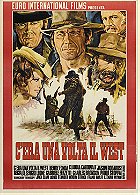
 0 comments,
0 comments, 
